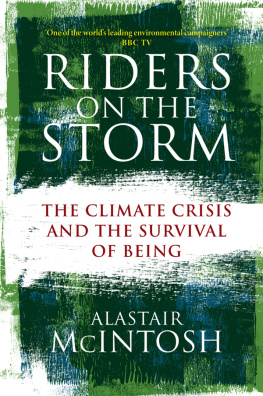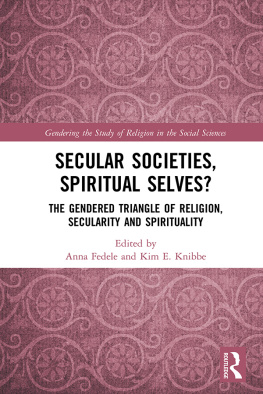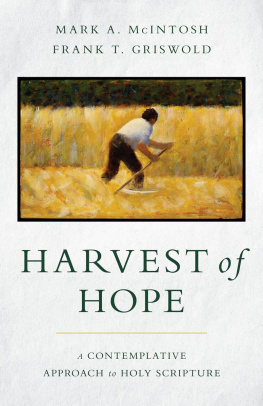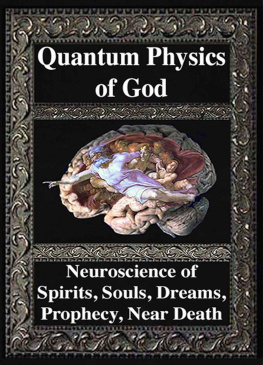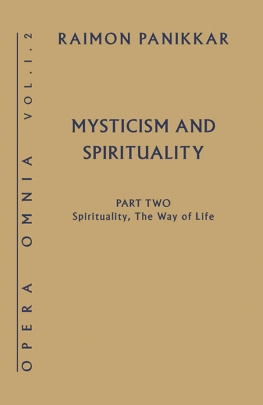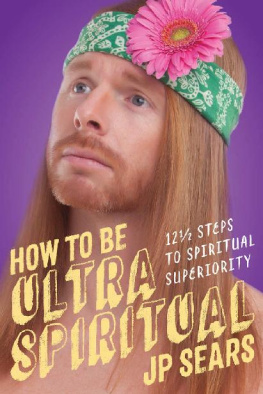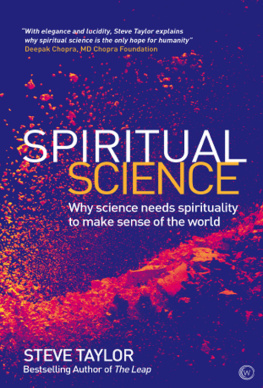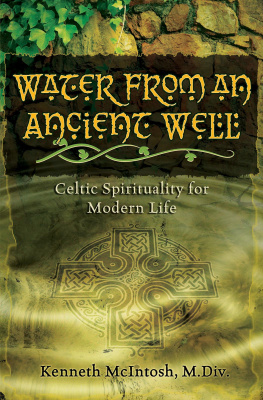Learn more about Steve McIntosh at www.questbooks.com
Find more books like this at www.questbooks.com
Copyright 2015 by Steve McIntosh
First Quest Edition 2015
Quest Books
Theosophical Publishing House
PO Box 270
Wheaton, IL 60187-0270
Without limiting the rights under copyright reserved above, no part of this publication may be reproduced, stored in or introduced into a retrieval system, or transmitted, in any form, or by any means (electronic, mechanical, photocopying, recording, or otherwise), without the prior written permission of the publisher of this book.
The scanning, uploading, and distribution of this book via the Internet or via any other means without the permission of the publisher is illegal and punishable by law. Please purchase only authorized electronic editions, and do not participate in or encourage electronic piracy of copyrighted materials.
While the author has made every effort to provide accurate telephone numbers and Internet addresses at the time of publication, neither the publisher nor the author assumes any responsibility for errors or for changes that occur after publication. Further, the publisher does not have any control over and does not assume any responsibility for author or third-party websites or their content.
Cover image: LynnWatson/Shutterstock.com
Cover design by Rolf Busch
Typesetting by Datapage
Library of Congress Cataloging-in-Publication Data
McIntosh, Steve.
The presence of the infinite: the spiritual experience of beauty, truth, and goodness / Steve McIntosh-First Quest edition.
pages cm
Includes bibliographical references.
ISBN 978-0-8356-0941-8
1. United StatesReligion. 2. SpiritualityUnited States. 3. Experience (Religion). 4. LeadershipReligious aspects. I. Title.
BL2525.M4224 2015
204dc23 2015006728
ISBN for electronic edition, e-pub format: 978-0-8356-2228-8
5 4 3 2 1 * 15 16 17 18 19
Dedicated to My Family:
Tehya, Ian, and Peter McIntosh
CONTENTS
Acknowledgments
I wish to offer my heartfelt thanks to my friend and neighbor Jeff Salzman, who provided invaluable encouragement and guidance in the writing of this book. Further, I need to acknowledge progressive German theologian Hans Kng, whose wisdom served as a guiding light for the birth of these ideas. I also wish to acknowledge my friends Brian McLaren, Morgan McKenna, Bruce Sanguine, Ross Hostetter, Mary Hostetter, and Wayne Gunther, who helped nurture these ideas as a group. And special thanks to my friends and readers Jeff Wattles, Lindsay Moore, Michael Zimmerman, and Tom Thresher. I am also grateful to my endorsers and friends John Mackey, Craig Hamilton, Terry Patten, Andrew Cohen, and Carter Phipps. Also special thanks to Tony Schwartz, whose insightful method facilitated my creative process. Thanks to my friend and content editor Byron Belitsos and to my able line editor Will Marsh. Also thanks to my agent John White and my publishers Sharron Dorr and Richard Smoley. Finally, I must express eternal gratitude to my wife Tehya McIntosh, without whom my writing would be impossible.
Introduction
T his book is about spiritual experience, which can be understood as an encounter with the presence of the infinite within our finite universe of time and space. While the human experience of spirit takes many forms and can be conceived of in a wide variety of ways, I have found that this idea of spirit as the presence of the infinite sheds a considerable amount of light on this complex subject. Gaining a deeper understanding of spiritual experience is important because as we come to better appreciate what spiritual experience is and how it works, this enhances our ability to have such experiences more abundantly and to use them more effectively for our personal growth and for our service to others.
My foundational premise, based on my own experience and the reported experience of millions of others in both ancient and modern contexts, is that spirit by whatever name is real and that it is possible for humans to make authentic contact with it. The question of what spirit is in itself, of course, is subject to debate. But the idea that spiritual experience isactually and literallyan experience of that which is infinite or transcendent may find agreement among many who are open-minded about the possibility of some kind of spiritual reality.
All humans crave spiritual experience (properly understood), whether they know it or not. Indeed, an encounter with transcendence is an end in itself. Such experiences can be thrilling and delightful; they can be illuminating and inspiring; they can be heartwarming and comforting; and they can even be awesome and terrifying. But as we will explore, what all authentic spiritual experiences have in common is this connection to a qualityof being that is best described as infinite. Within the context of spiritual experience, the idea of the infinite includes not only a mathematical infinity of quantityboundless, endless, unlimited, immeasurable, and eternalbut also a metaphysical infinity of qualityunified, whole, complete, perfect, self-sufficient, and largely beyond definition or conception. Yet even though the infinite is largely transconceptual and elusive, it can be directly experienced by humans.
For those who have experienced spirit personally and directly there can be little doubt about the authenticity of this reality. And even those who claim not to be acquainted with spiritual experience have nonetheless had such experiences, whether they are labeled spiritual or not. Everyone who has felt the power of truth, the kindness of goodness, or the loveliness of beauty has had an experience of spirit. The only reason such common yet profound experiences are not universally identified as spiritual is that our collective understanding of spiritual experience remains underdeveloped. However, recent advances in the philosophy of consciousness are now making it possible to understand this important subject with new depth and clarity.
Spiritual experience is important not only because it is an intrinsically valuable end in itself, bringing joy, happiness, and a greater sense of well-being. Spiritual experience is also important because it causes us to grow. The experience of spirit evolves our consciousness, develops our character, and makes us more real. Our experiences of spirit, however, are not only personally beneficial; they can also benefit others by inspiring us to share our gifts and bring spiritual experience into the lives of our fellows.
In fact, history reveals that increasing the quantity and quality of spiritual experience in a given social context results in cultural evolution. In other words, spiritual experience, broadly understood, is what causes consciousness to evolve. And when consciousness evolves among a critical mass of people, their larger culture also evolves in the process. Our personal encounters with a transcendent or infinite dimension of reality can therefore have indirect political implications. Accordingly, as I will argue, deepening our understanding of what spiritual experience is and how it can be fostered in ourselves and others is one of the most direct ways we can make the world a better place.
Much has been written about spiritual experience in academic, religious, and even popular contexts. But as of the time of this writing the most famous and influential book on spiritual experience remains The Varieties of Religious Experience by American psychologist and philosopher William James. First published in 1902,



